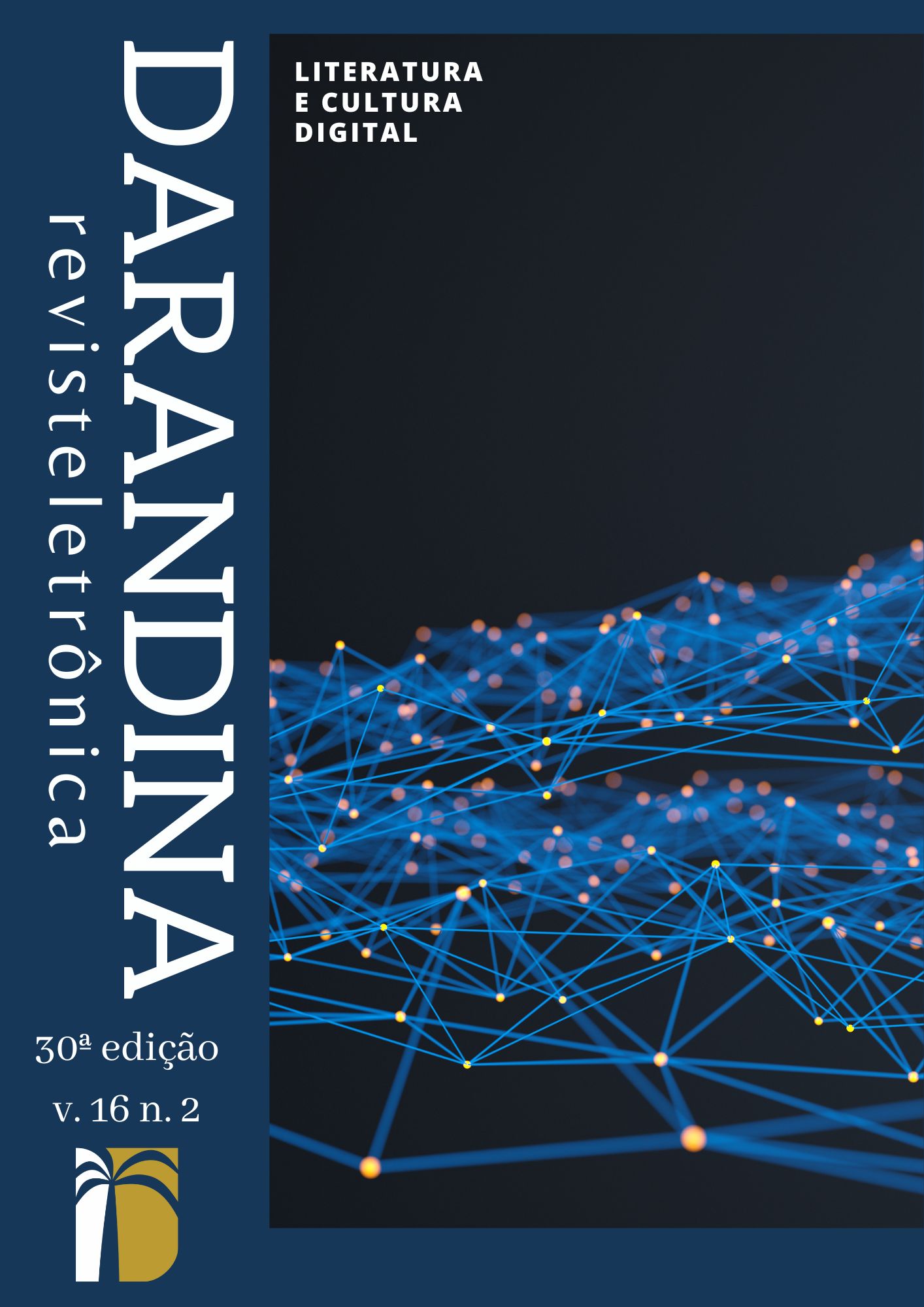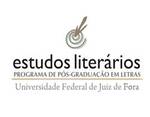DA TELA AO LIVRO
A REESCRITA E PUBLICAÇÃO DE FANFICTIONS E O MERCADO BRASILEIRO
DOI:
https://doi.org/10.34019/1983-8379.2023.v16.42393Keywords:
Fanfictions, independent publishers, pull to publish, rewritingAbstract
This article aims to discuss the process of publishing fanfictions in “original” stories by independent publishers in Brazil. We will discuss the work of appropriating characters by ficwriters in the creation of fanfictions on the Internet and how, subsequently, these new authors remove the stories from online websites, rewrite them for the second time and publish them as if it were an unpublished story in physical book. This action involves a participatory culture between fans, publishers, authors and the fan community, explaining the success of best-selling sagas such as Fifty Shades of Grey, by E. L. James (2011) or The Mortal Instruments, by Classandra Clare (books published between 2007 and 2014), previously known as fan productions for Twilight and Harry Potter, respectively. Pull to Publish (P2P) shows that this type of publication aims to “test” the public before going to market, a practice that increasingly extends from the virtual to the real world. In Brazil, independent publishers are beginning to adopt this practice, releasing books that were previously fan stories. The main references used in this work are Agamben (2015), Lefevere (2007), Reis (2017, 2018), Miranda (2009) and Vargas (2005).
Downloads
References
AGAMBEN, Giorgio. Do Livro para a Tela. Revista Diálogos Mediterrânicos, n. 9, dez. 2015, p. 119-132. Disponível em: www.dialogosmediterranicos.com.br. Acesso em: 27 set. 2023.
JAMES, E. L. Fifty Shades of Grey. New York: TWCS, 2011.
JAMES, E. L. Cinquenta Tons de Cinza. São Paulo: Intrínseca, 2012.
JENKINS, Henry. Cultura da Convergência. Tradução Susana Alexandria. 2. ed. São Paulo: Aleph, 2009.
JENKINS, Henry. Textual Poachers. Nova York: Routledge, 1992.
JONES, Bethan. Fifty shades of exploitation: Fan labor and Fifty Shades of Grey. Transformative Works and Culture, Wales (UK), n. 15, 2014. Disponível em: https://doi.org/10.3983/twc.2014.0501. Acesso em: 27 dez. 2023.
LEFEVERE, André. Tradução, Reescrita e Manipulação da Fama Literária. Florianópolis: EDUSC, 2007.
MENEZES, Clara. Fanfics: Fãs brasileiros criam editoras independentes para publicar livros. O Povo, Fortaleza, 21 ago. 2021. Disponível em: https://www.opovo.com.br/vidaearte/2021/08/21/fanfics-fas-brasileiros-criam-editoras-independentes-para-publicar-livros.html. Acesso em: 27 set. 2023.
MEYER, Stephenie. Crepúsculo. São Paulo: Intrínseca, 2005.
MEYER, Stephenie. Lua Nova. São Paulo: Intrínseca, 2005.
MIRANDA, Fabiana M. Fandom: um novo sistema literário digital. Hipertextus, Recife, n. 3, jun. 2009. Disponível em: https://www.academia.edu/1249391/Fandom_um_novo_sistema_literário_digital. Acesso em: 27 set. 2023.
REIS, Fabíola. Tradução Colaborativa: O caso das Fanfictions. Ilha Desterro, Florianópolis, v. 71, n. 2, ago. 2018. Disponível em: https://doi.org/10.5007/2175-8026.2018v71n2p93. Acesso em: 27 set. 2023.
REIS, Fabíola. Ficção e traduções de fãs na internet: um estudo sobre reescrita, colaboração e compartilhamento de fanfictions. Tese (Doutorado em Letras) – Universidade Federal do Pará, Belém, Pará, 2017.
VARGAS, Maria Lúcia Bandeira. O Fenômeno Fanfiction. Passo Fundo: UPF, 2005.
Downloads
Published
How to Cite
Issue
Section
License
Copyright (c) 2023 Fabíola do Socorro Figueiredo dos Reis

This work is licensed under a Creative Commons Attribution 4.0 International License.

Este trabalho está licenciado sob uma licença Creative Commons Attribution 4.0 International License.
Direitos Autorais
Autores que publicam nesta revista concordam com os seguintes termos:
1. Autoras e autores mantêm os direitos autorais e concedem à revista o direito de primeira publicação, sendo esta licenciada sob a Creative Commons Attribution License 4.0 Internacional.
2. Autoras e autores têm permissão e são estimuladas(os) a publicar e compartilhar o trabalho com reconhecimento da publicação inicial nesta revista.
3. Autoras e autores dos trabalhos aprovados autorizam a revista a ceder o conteúdo de seus trabalhos, após sua publicação, para reprodução em indexadores de conteúdo, bibliotecas virtuais e similares.
Para mais informações sobre a Creative Commons Attribution 4.0 International License, acessar: https://creativecommons.org/licenses/by/4.0/



















